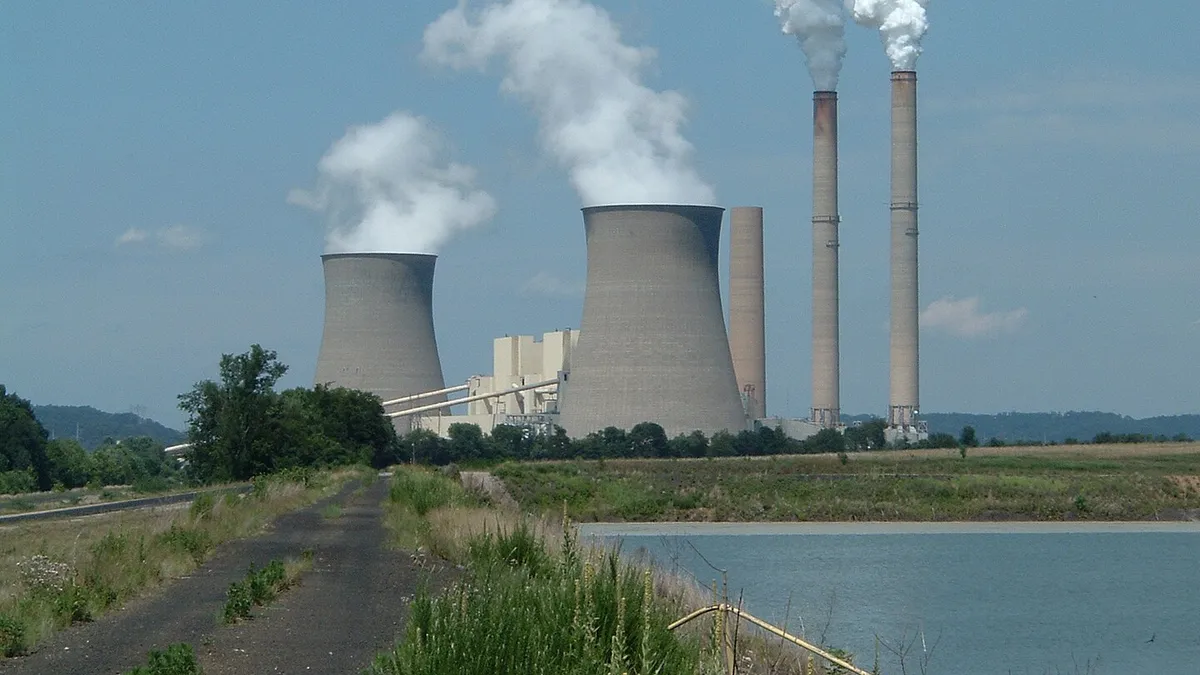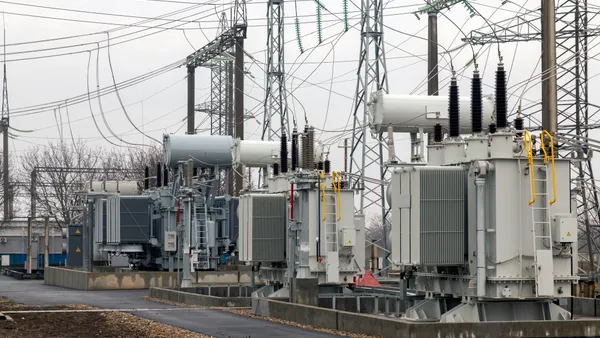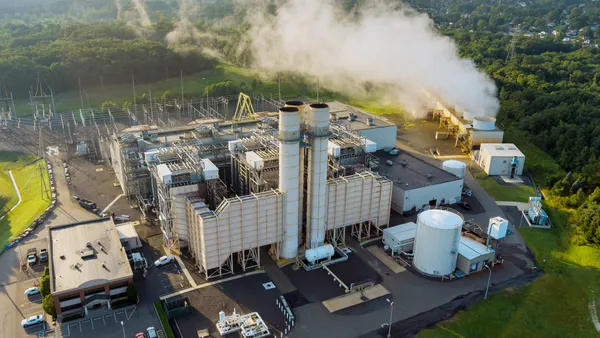Dive Brief:
- San Francisco Mayor Ed Lee has directed the San Francisco Public Utilities Commission (SFPUC) to create a community choice aggregation program to offer renewable energy throughout the city, reversing his earlier stance against competing with Pacific Gas and Electric (PG&E). PG&E would retain the transmission and distribution system and deliver the renewables-generated electricity.
- Lee stipulated the program must provide for significant local job creation, be municipally owned and located, have PG&E-competitive rates, and protect low-income residents, the San Francisco Chronicle reports.
- The new plan is expected to be similar to Marin County’s two-tiered program which automatically enrolls customers in a 50% renewables plan and gives them the option of a 100% renewables plan.
Dive Insight:
Mayor Lee had opposed the CleanPowerSF (CPSF) program, approved by a veto-proof majority of the Board of Supervisors in 2013. He had his SFPUC appointees block its implementation because it would have obtained resources through Shell Energy North America and provided inadequate local jobs. Long-time advocates of municipal renewables, led by Supervisor John Avalos, say Lee’s newest move is a political ploy to win support in the coming mayoral race.
"Local Build-out of Energy Resources of the Community Choice Aggregation Program," a report by EnerNex, found the SFPUC’s Power Enterprise could bypass Shell and obtain renewables-generated electricity from power market suppliers through Power Purchase Agreements or CAISO, “based on the portfolio strategy developed for CPSF.” For forecasting, scheduling and trading energy, the city will require two to three people per 100 MW of load.
The report, commissioned by the SF Board of Supervisors Local Agency Formation Commission, concluded there will be from two jobs to seven jobs created per $1 million in construction and less than one job during operation for each $1 million in construction costs. Projects in San Francisco will generally create local jobs while regional projects will generally create regional jobs, the report said.














